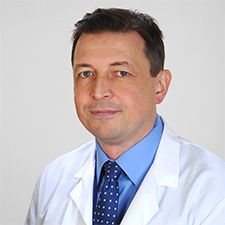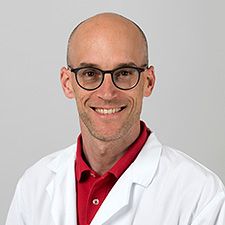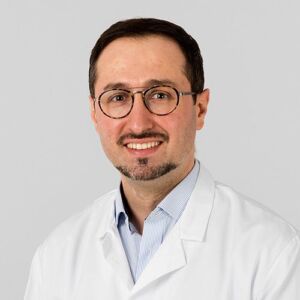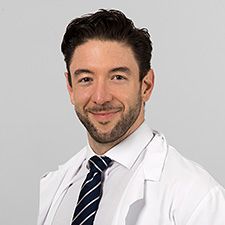Endovascular treatment as offered at the Department of Neuroradiology is important for the understanding and diagnosis of such vascular diseases. The procedure is minimally invasive and is performed without open surgery. The vascular malformation is reached and treated via the blood vessels after a small skin incision.
Many years of expertise
Our clinic is an internationally renowned institution in the field of diagnostics and minimally invasive, image-guided treatment. We treat diseases of the brain, the spinal cord, the peripheral nervous system and its associated organs (eyes, hearing and balance organs, etc.) and the surrounding structures on the head, neck and spine.
The latest treatment methods
At the Department of Neuroradiology, we use the most modern interventional methods, the most advanced materials and instruments and the latest imaging techniques. This enables us to offer every patient the best possible treatment.
Partner network
In weekly interdisciplinary conferences with experts from neurosurgery, neurology and neuroradiology, we develop an individual treatment concept for each case, which we then discuss with our patients. To ensure optimal therapeutic success, our international team of experienced neuroradiological interventionists works closely with experts from other highly specialized clinics as well as with outstanding nursing and rehabilitation specialists before, during and after the procedure.



